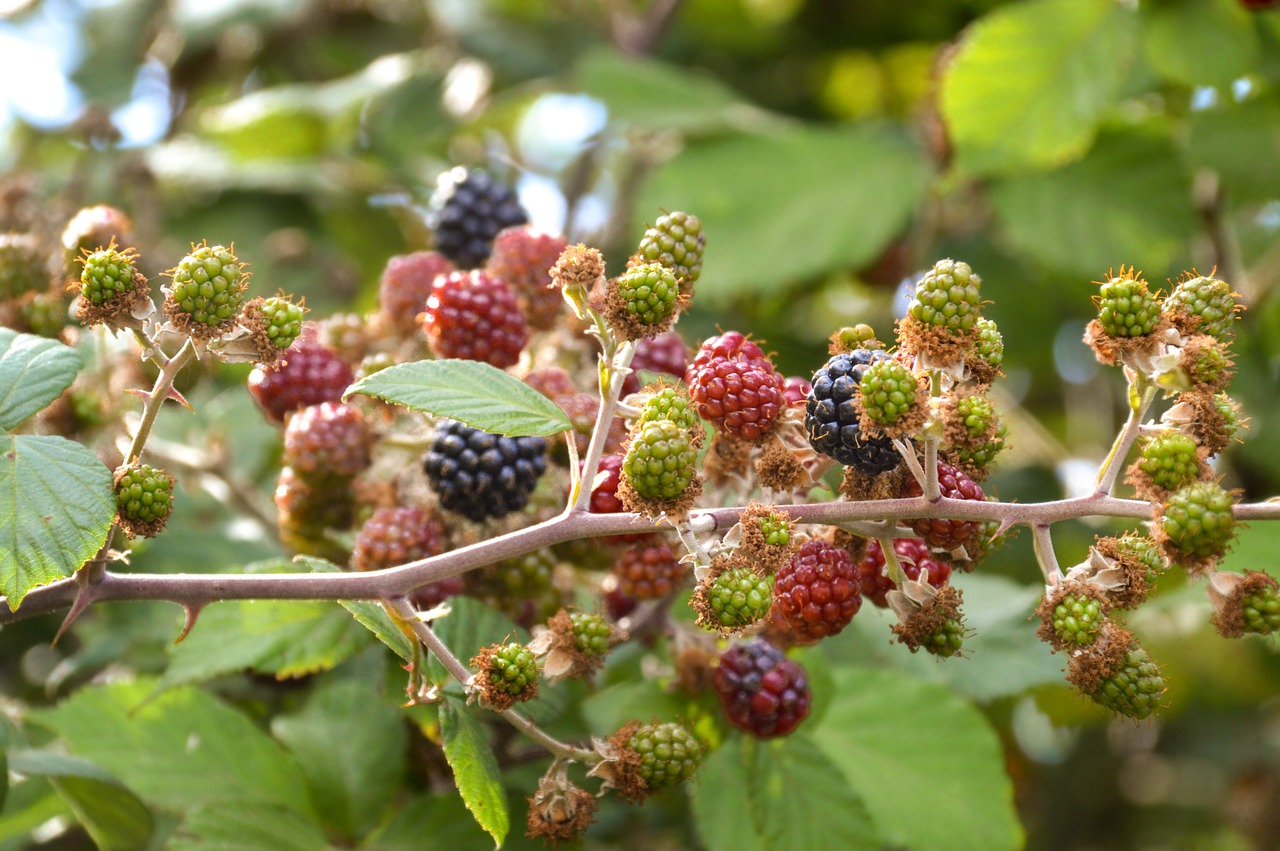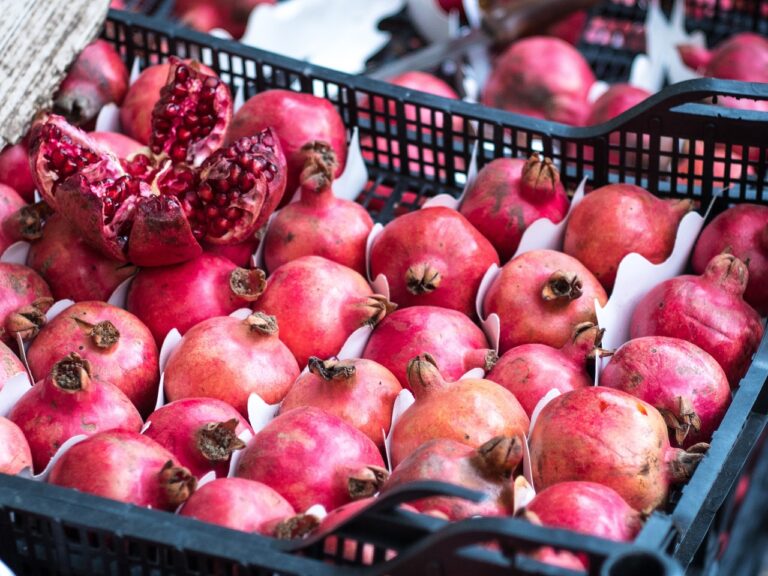Addressing Consumer Concerns About GMOs in Pet Food Ingredients: World 7 login, Mahadev book id login, Silver777 login
world 7 login, mahadev book id login, silver777 login: Addressing Consumer Concerns About GMOs in Pet Food Ingredients
Have you ever wondered what goes into your pet’s food? With the rise of genetically modified organisms (GMOs) in the food industry, many pet owners are becoming increasingly concerned about the ingredients in their furry friends’ food. But what exactly are GMOs, and should we be worried about them in pet food ingredients? Let’s take a closer look at this hot topic and address some common consumer concerns.
Understanding GMOs
GMOs are organisms whose genetic material has been altered using genetic engineering techniques. This can involve inserting DNA from one organism into another to create desirable traits, such as pest resistance or faster growth. GMOs have become widespread in the food industry, with many crops like corn, soy, and sugar beets being genetically modified.
In the pet food industry, GMO ingredients are commonly used in products like kibble, treats, and supplements. Some pet owners worry that feeding their pets GMO ingredients could have negative health effects, such as allergies, digestive issues, or even cancer. But are these concerns justified?
Addressing Concerns
While GMOs have become a controversial topic in recent years, the general scientific consensus is that GMOs are safe for consumption. Organizations like the World Health Organization, the American Medical Association, and the National Academy of Sciences have all stated that GMOs are not inherently harmful to human or animal health.
In fact, many studies have shown that GMO ingredients are nutritionally equivalent to their non-GMO counterparts. This means that pets are unlikely to experience any negative health effects from consuming GMO pet food ingredients. Additionally, regulatory bodies like the FDA and USDA closely monitor the safety of GMOs in food products, providing an extra layer of assurance for consumers.
That being said, some pet owners may still prefer to avoid GMO ingredients in their pet’s food. Fortunately, there are now many options available that are labeled as GMO-free or organic. These products use ingredients that have not been genetically modified, giving pet owners peace of mind about what they are feeding their furry friends.
Making Informed Choices
When it comes to choosing pet food for your furry family members, it’s essential to do your research and make informed decisions. If you are concerned about GMO ingredients, look for products that are labeled as GMO-free or organic. These options provide a transparent way to ensure that your pet’s food meets your standards.
It’s also important to remember that GMOs are just one factor to consider when selecting pet food. Nutritional content, ingredient quality, and your pet’s specific dietary needs are all crucial aspects to take into account. By carefully evaluating these factors, you can choose the best food for your pet while addressing any concerns you may have about GMOs.
FAQs
Q: Are GMO ingredients safe for pets?
A: Yes, GMO ingredients are generally considered safe for pets to consume. Regulatory bodies like the FDA and USDA closely monitor the safety of GMOs in food products and have found no evidence of harm to animal health.
Q: Should I avoid GMO ingredients in my pet’s food?
A: It’s ultimately up to you as a pet owner to decide what you feel comfortable feeding your furry friend. If you prefer to avoid GMO ingredients, look for products that are labeled as GMO-free or organic.
Q: Are there any health benefits to GMO ingredients in pet food?
A: GMO ingredients can provide benefits such as improved crop yield, pest resistance, and nutrient fortification. These traits can ultimately lead to healthier and more nutritious pet food options.
In conclusion, addressing consumer concerns about GMOs in pet food ingredients is a complex issue that requires careful consideration. While GMOs are generally safe for pets to consume, some pet owners may prefer to avoid them for personal reasons. By researching product labels and choosing high-quality pet food options, you can ensure that your furry friends are receiving the best nutrition possible.







